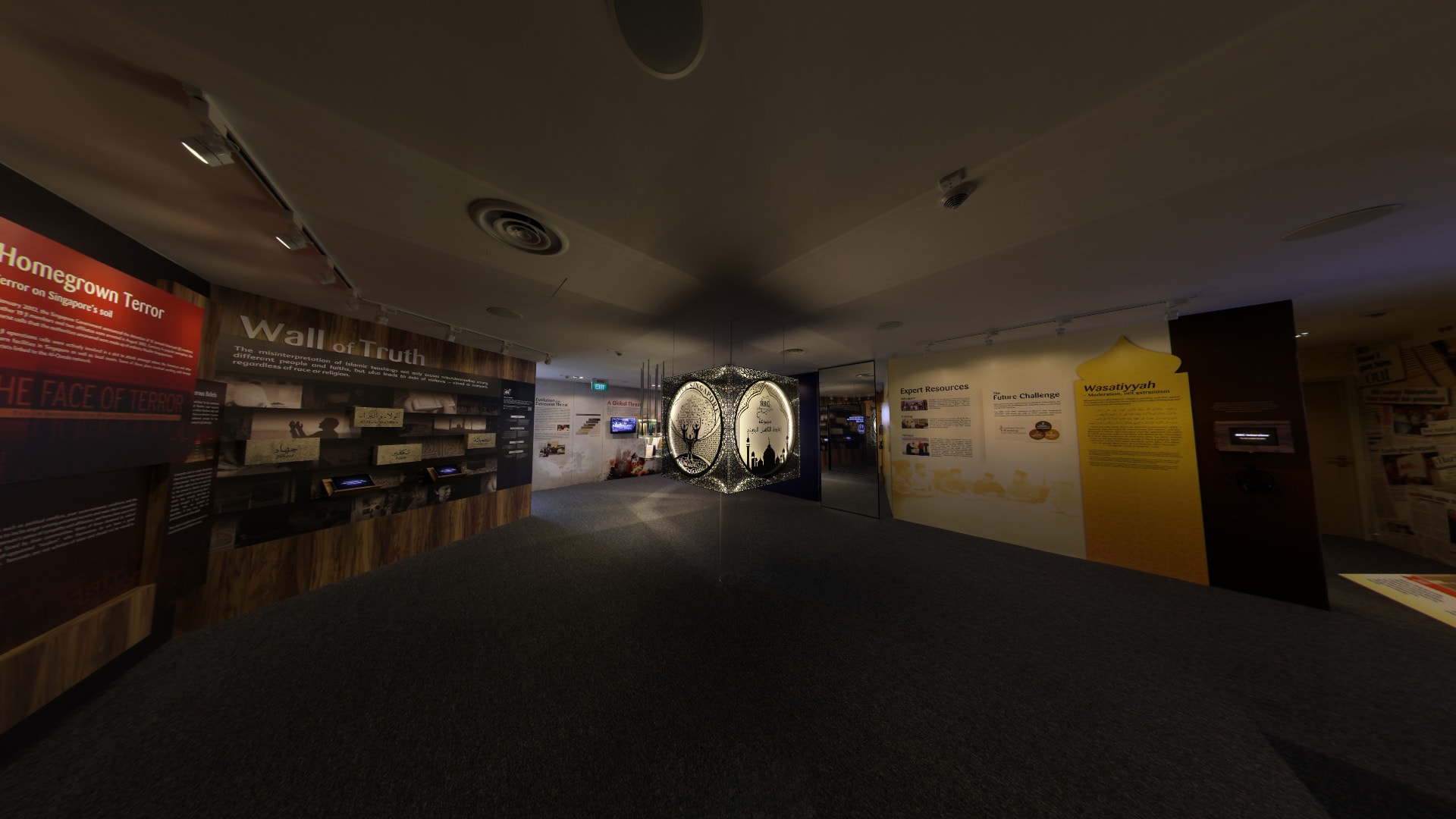Coexistence
Oh mankind! We created you from a single (pair) of a male and a female, and made you into nations and tribes, that you may know each other (Not that you may despise each other). Qur’an 49:13

The Medina Charter constituted by Prophet Muhammad in 622 in Arabia was intended to end inter-tribal conflicts and maintain peace and cooperation among the Medinan people. Many lessons can be drawn from the charter to enhance peaceful inter-religious relations today.
The Medina Charter (Arabic: Sahifah Medina or Dustur Medina) is arguably known to be the first constitution ever written incorporating religion and politics. The Charter which was drawn up by Prophet Muhammad was intended to end inter-tribal conflicts and maintain peace and cooperation among the people of Medina. It constituted a formal agreement between Prophet Muhammad and all of the significant tribes and families of Yathrib (the old name for Medina) including Muslims, Jews, Christians and pagans.
The Charter serves as an example of finding resolve in a dispute where peace and pluralism were achieved not through violence but rather respect, tolerance, and peaceful means. Many lessons could be drawn from the charter to enhance religious pluralism in the contemporary world.
The charter has also been acknowledged by Muslim scholars as a useful document that can be used to deconstruct contemporary extremist discourse. Importantly, the charter reflects Islam’s protection of human life and religious minorities and reiterates that these notions have always been fundamental in the Islamic tradition.


